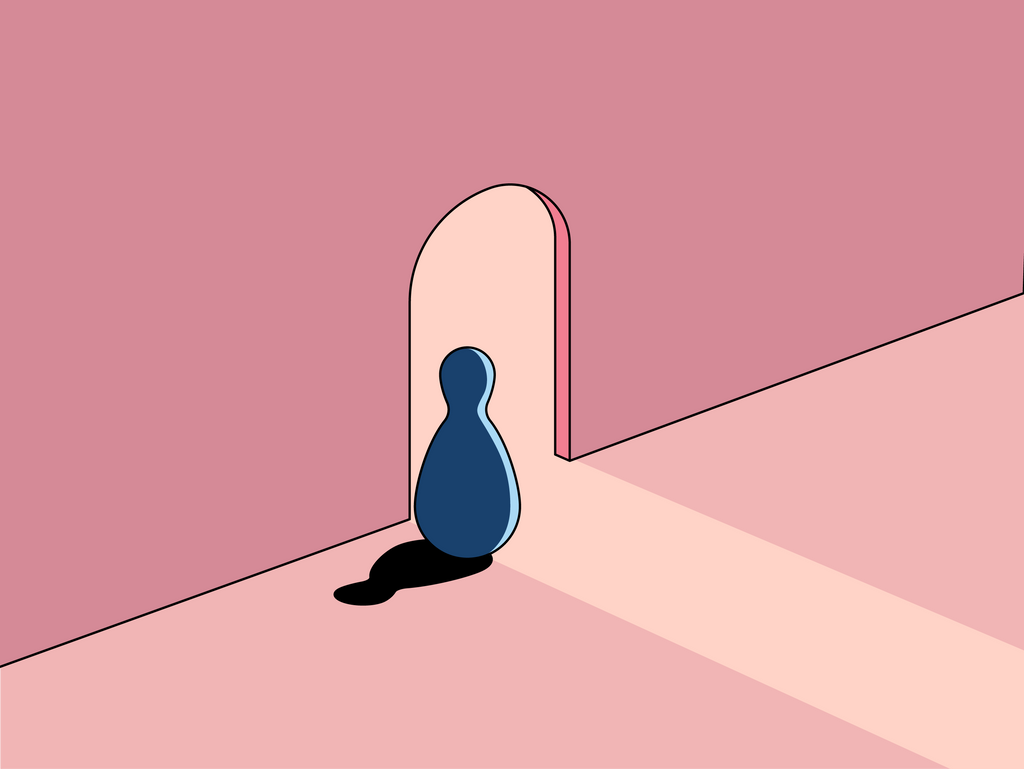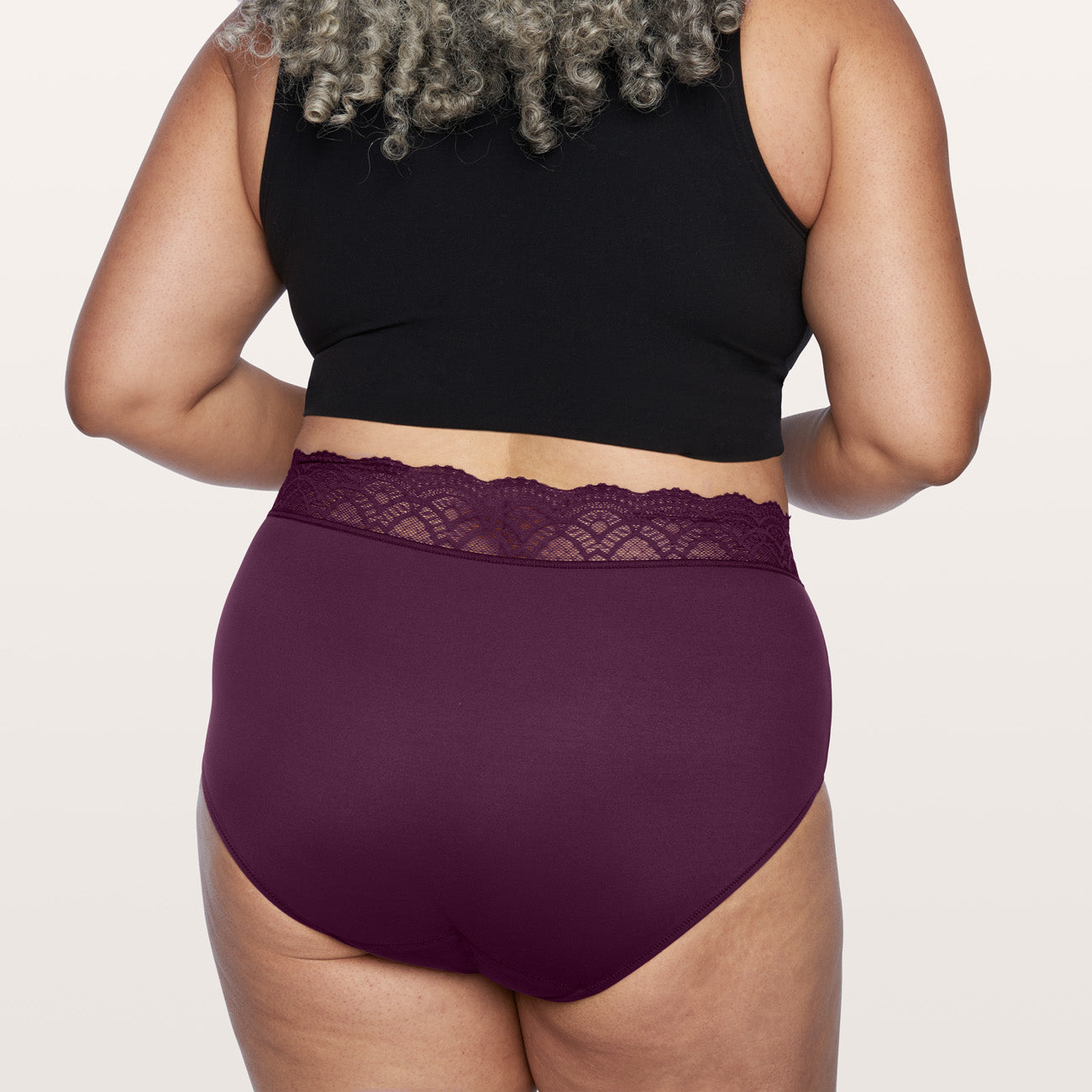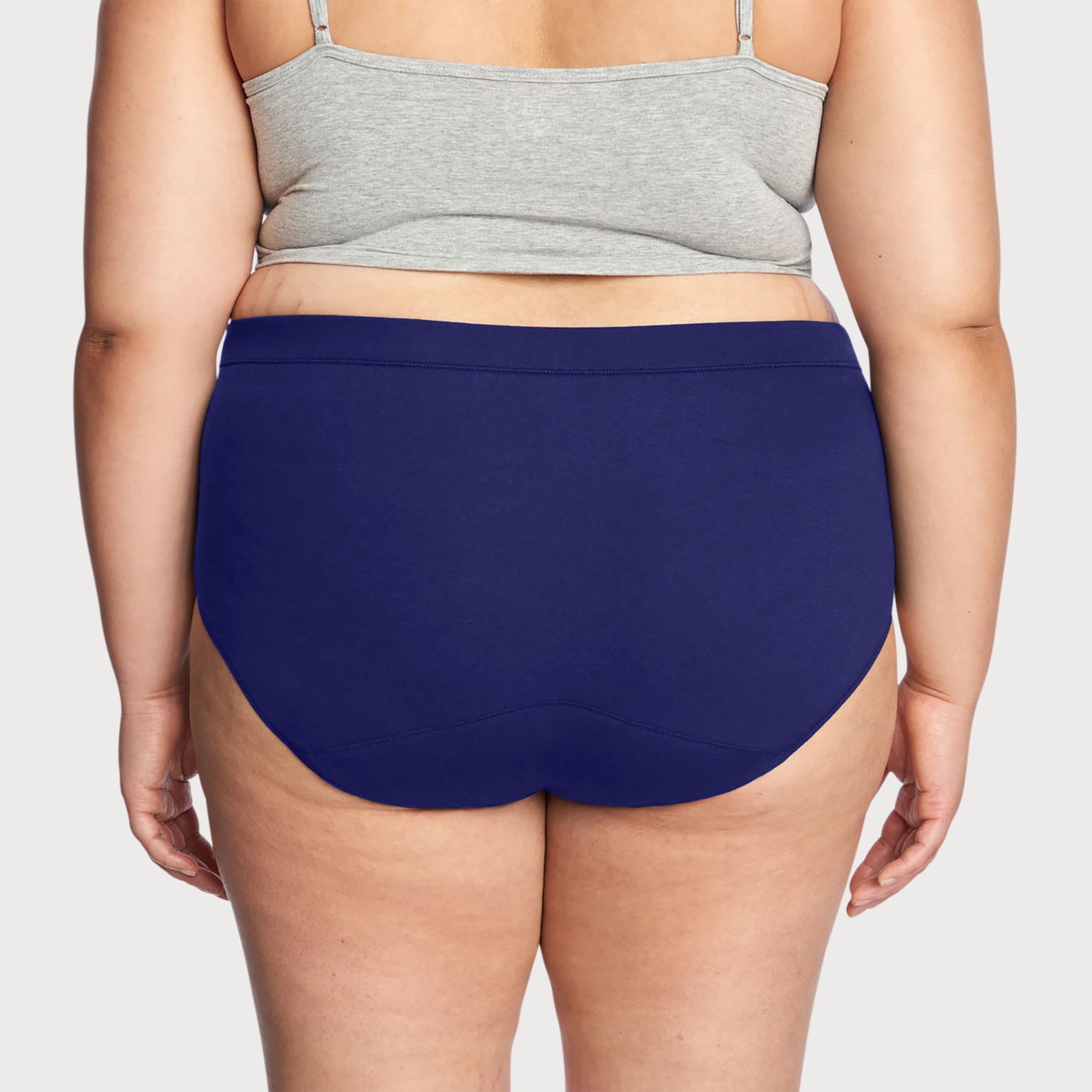Is Your PMS Really PMDD?
- Share this article Copy to clipboard

Managing PMS is hardly a walk in the park (for most of us but the select, very lucky few), but for some people with periods—up to 10% to be exact—PMS symptoms get so severe, they interfere with everyday life.
This extreme extension of PMS is called premenstrual dysphoric disorder (PMDD). There is still no consensus as to what causes this chronic condition, but some studies suggest that the symptoms appear due to irregular estrogen, progesterone, and serotonin levels after ovulation.
symptoms of PMDD
Similarly to PMS, PMDD symptoms (both physical and emotional) tend to appear 7-10 days before your period, and subside when you actually begin to menstruate. The physical symptoms may also seem familiar, which include acne, bloating, back pain, painful periods, and reduced sex drive. The emotional issues can include feeling out of control, paranoia, panic attacks, and suicidal thoughts. Please — if you’re ever experiencing suicidal thoughts, you should seek help immediately.
People who have PMDD will often experience a combination of these symptoms, sometimes they are more physical than emotional, or the opposite. Either way, dealing with this monthly can be incredibly disruptive to your quality of life — and anything that is interfering with your ability to carry on everyday activities is a red flag.
how PMDD is diagnosed
There is no specific test that can diagnose PMDD, but if you suspect this could be causing severe symptoms, bring those concerns to your gynecologist.
Beginning a habit of noting your symptoms, what they are, when they happen, and when they stop, can help you and your doctor figure out what’s going on. They may be able to rule out other potential causes such as endometriosis, menopause, or panic disorder, and will help you create a treatment plan. (Hopefully, this is not the case, but if you ever feel like your doctor isn’t listening to you—it happens!—there’s no shame in seeking out a second opinion when it comes to your health.)
managing PMDD and PMDD symptoms
Depending on how PMDD is affecting your body, your doctor may prescribe medication such as birth control or antidepressants to alleviate physical or emotional symptoms. Changing up your diet or incorporating more exercise into your routine may also be recommended, along with reducing caffeine consumption and alcohol intake, if applicable.
In addition to medication, there are a number of natural remedies that can ease symptoms, including meditation, herbal supplements, and switching up your period products. According to Healthline, PMDD symptoms could be exacerbated by certain products: “Tampons, for instance, can cause some people to cramp more. If you have sensitive skin, some ingredients in pads may cause irritation.” We can help you out there!
controversy around diagnosing PMDD
PMDD was introduced into the DSM (Diagnostic and Statistical Manual of Mental Disorders) in 2013, but there is plenty of debate in the medical community about its existence as a real syndrome, and the potential harm caused by its diagnosis. A 2009 study published in the journal Psychological Medicine found that just 1.3% of the women studied fit the criteria for PMDD — a smaller number than had been previously found in research.
But there’s also an argument to be made that people shouldn’t have to be diagnosed with a mental illness in order to get help. The positive intention to support people with periods is there, but a diagnosis of PMDD can also stigmatize normal hormonal cycles and the effects of these cycles as a “mental illness” that needs to be fixed. See also: The damaging myth of *period brain*.
un-normalizing period pain
For many people of periods, managing PMS is something we learn to live with over time. The bloating, moodiness, aches, and pains that come with period-ing are considered par for the course, nothing popping two Advil or spending the night in with your heating pad can’t fix.
But here’s the thing — most people I know at least, myself included, PMS can wreak havoc upon our bodies in some seemingly random, cruel ways. Week-long insomnia! Migraines that knock you off your feet! Unexplainable *indigestion*! And for some reason, we often shrug off these extreme symptoms pretty casually, as well. Who among us hasn’t succumbed to the pressure to ~walk off~ what was more than a typical amount of discomfort, to avoid being perceived as *dramatic* or *difficult*?
What we should all get more comfortable acknowledging is that any pain that disrupts you from living your life is something you should pay attention to. If you’re experiencing intense PMS, it may not turn out to be PMDD, but it could be an indication that something else is amiss. And for those of us that are just naturally blessed with stabbing cramps in the middle of the night, there’s no need to suffer through that either, and your doctor will be able to help. Say it with me: No! More! Suffering! In! Silence!
Do you experience PMDD? What has helped you manage your symptoms? Share with us in the comments.
Toni Brannagan is a writer and was the former Copy and Content Manager at Thinx.
Dr. Brandi Jones, DO is a board certified Obstetrician Gynecologist serving some of the most vulnerable residents of the District of Columbia in a community health center based practice. She is a graduate of Hampton University, and earned her medical degree from Philadelphia College of Osteopathic Medicine. Dr. Jones is an outdoor cycling novice with big goals, and enjoys international travel experiences.


















